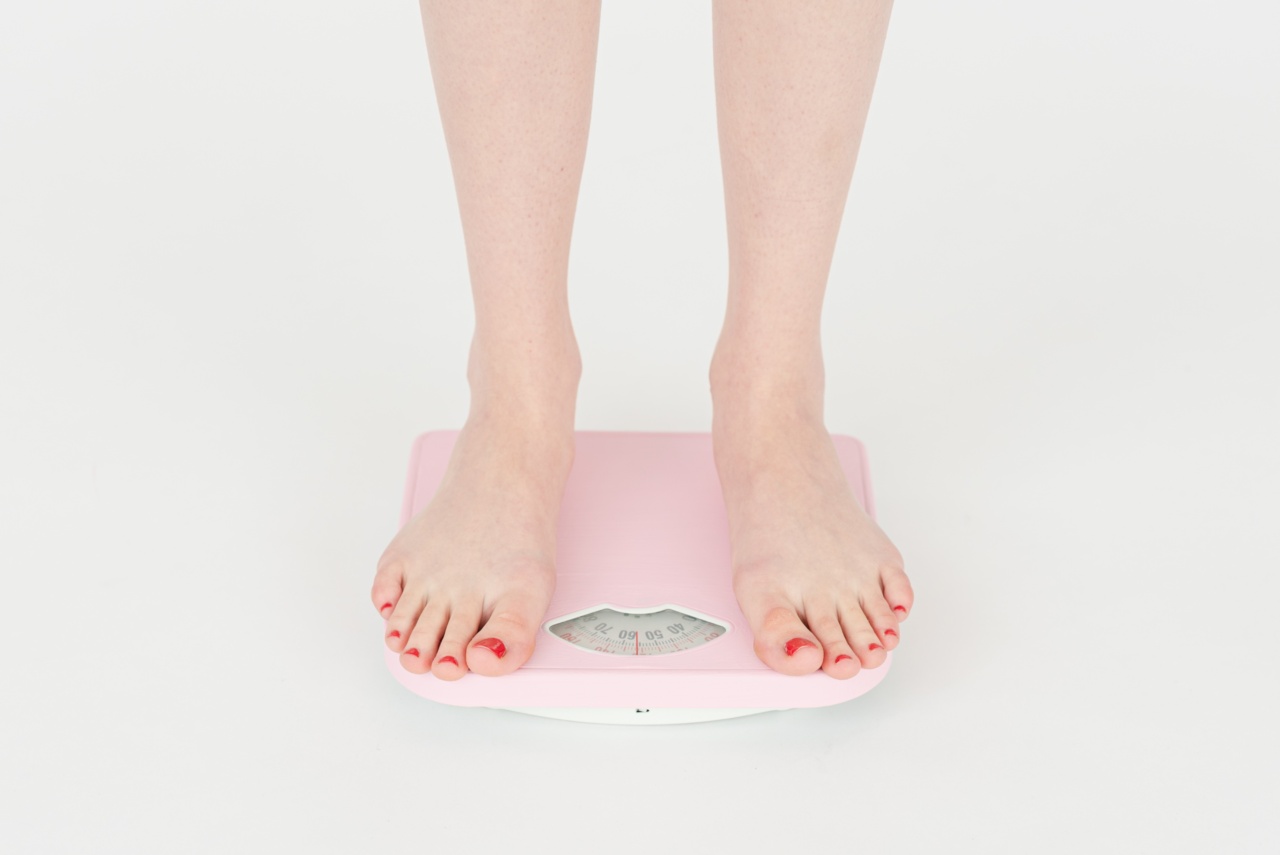High blood pressure or hypertension is one of the most common health problems affecting millions of people worldwide. It is a silent killer that increases the risk of heart disease, stroke, kidney disease, and other serious conditions.
But the good news is that it can be prevented and controlled through lifestyle modifications, including diet.
What is High Blood Pressure?
High blood pressure or hypertension is a condition in which the force of blood against the artery walls is too high. Blood pressure is measured in millimeters of mercury (mmHg) and is expressed in two numbers; systolic over diastolic blood pressure.
A blood pressure reading of 140/90 mmHg or higher is considered high.
Causes of High Blood Pressure
There are various factors that can cause high blood pressure, including:.
- Unhealthy diet
- Sedentary lifestyle
- Obesity
- Smoking
- Stress
- Family history
- Age
- Sex
Diet Tips to Lower High Blood Pressure
One of the easiest and most effective ways to lower high blood pressure is through diet. Here are some diet tips recommended by health experts:.
1. Reduce Salt Intake
Salt or sodium chloride is one of the leading contributors to high blood pressure. Experts recommend limiting salt intake to less than 2,300 mg per day, or even better, to 1,500 mg per day for people with high blood pressure.
To reduce salt intake, avoid processed and packaged foods, canned goods, and snacks high in salt content. Instead, use herbs and spices to flavor your meals and opt for fresh fruits and vegetables instead of processed foods.
2. Increase Potassium Intake
Potassium is a mineral that can help lower blood pressure by counteracting the harmful effects of sodium in the body. Foods high in potassium include bananas, avocados, sweet potatoes, spinach, and beans.
Experts recommend consuming at least 2,000 mg of potassium per day to reduce high blood pressure.
3. Eat a Balanced Diet
Eating a balanced diet consisting of whole grains, fruits, vegetables, lean proteins, and healthy fats can help lower high blood pressure.
This diet is known as the DASH (Dietary Approaches to Stop Hypertension) diet and has been found to be effective in reducing blood pressure.
4. Limit Alcohol Intake
Consuming alcohol in moderation can have health benefits, but excessive alcohol consumption can increase blood pressure. Experts recommend limiting alcohol intake to no more than one drink per day for women and two drinks per day for men.
5. Avoid Fried and Fatty Foods
Fried and fatty foods are high in cholesterol and saturated fat, which can increase blood pressure and contribute to other health problems. To lower high blood pressure, avoid fried and fatty foods and opt for grilled, broiled, or baked foods instead.
6. Eat More Fiber
Fiber can help lower blood pressure by promoting healthy digestion and reducing cholesterol levels. Foods high in fiber include fruits, vegetables, whole grains, and legumes.
7. Stay Hydrated
Drinking plenty of water can help lower blood pressure by promoting healthy blood flow and preventing dehydration. Aim to drink at least eight glasses of water per day and avoid sugary drinks and caffeine.
8. Avoid Processed and Packaged Foods
Processed and packaged foods are often high in sodium, cholesterol, and unhealthy fats, which can increase blood pressure and contribute to other health problems.
To lower high blood pressure, avoid processed and packaged foods and opt for fresh, whole foods instead.
9. Take Nutritional Supplements
Nutritional supplements such as magnesium, fish oil, and garlic can help lower blood pressure.
However, before taking any supplements, it’s important to consult with a healthcare professional to ensure the supplements are appropriate for your health condition and won’t interact with any medications you’re taking.
10. Monitor Your Blood Pressure Regularly
To effectively manage high blood pressure, it’s important to monitor your blood pressure regularly.
Home blood pressure monitors are readily available and easy to use, allowing you to track your blood pressure and take necessary actions to prevent and control high blood pressure.
The Bottom Line
Lifestyle modifications, including diet, can play a vital role in lowering high blood pressure and preventing serious health problems.
By following the diet tips from experts and making healthy choices, you can reduce your blood pressure and improve your overall health.






























